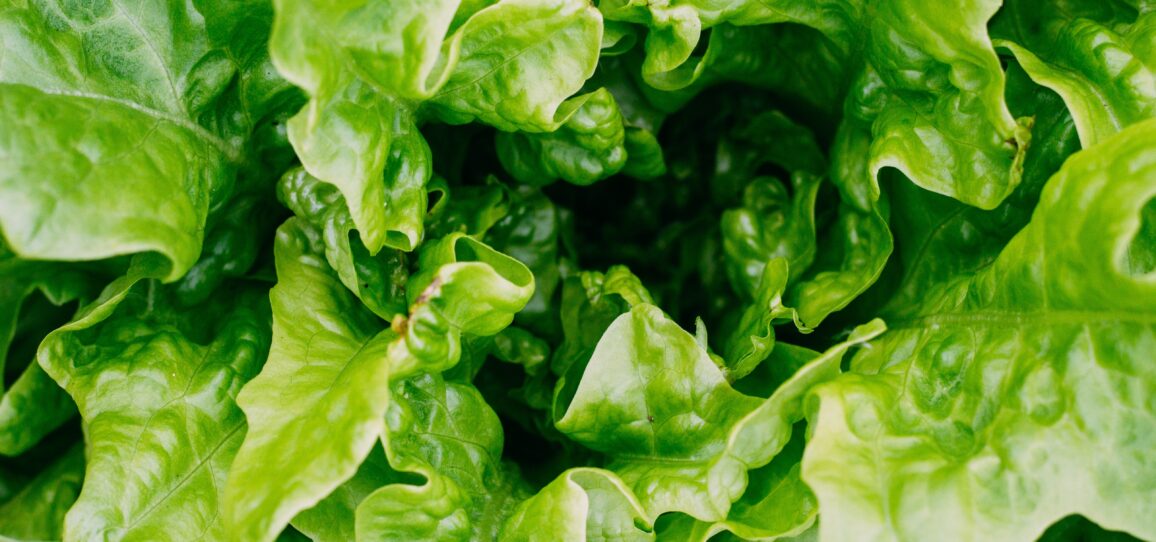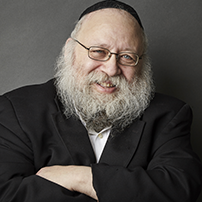
WE’RE NOT OUT OF THE WOODS YET
After we have internalized the dynamic and liberating force of G-dly awareness, it would seem that we should be able to revel in our newly found freedom.
And while that is true, it is incumbent upon us not to forget that there are some negative things about our own character and behavior that should make us feel some dissatisfaction and “bitterness.” We can’t simply dismiss them out of hand because, if not addressed on some level, or if we become indifferent to our shortcomings, they might come back to haunt us.
While we have already ingested and internalized freedom, we must remove the obstacles that could make the experience of freedom short-lived.
SHOWING EMPATHY
There is another matter that, if not dealt with, can mar our joyous experience of freedom—the fact that others are not yet free. There are others who are still mired in their own physical or spiritual exile. No matter how high we fly and how liberated we feel, we are not truly free as long as other Jews are still in exile.
There is a parallel to this in the Torah’s commandment for the Jews who entered Israel to bring their first fruits to the Temple. Now, despite the fact that this commandment should have become operative as soon as they entered and produced their first crop of fruit, it did not actually take effect until all the land was conquered and settled.
The Rebbe (Likkutei Sichot, vol. 9) explains that the reason for this is connected to the joyous nature of this Mitzvah. We bring Bikkurim-First Fruits to express our gratitude and joy for all the bounty and abundant goodness with which we were blessed. And so long as there were other Jews who could not rejoice with their first fruits since they had not yet settled their individual parcels of land, no Jew can feel the full measure of joy necessary for the fulfillment of the Mitzvah.
Similarly, here, no matter how free we feel, because we are able to tap into the liberating energies that are generated this night, we still feel the bitterness because this liberation spirit is not yet universal.
DON’T WALLOW
A Jew, however, is not allowed to wallow in bitterness even if it is due to the awareness of one’s transgressions or the pain and suffering of others.
To temper our sense of bitterness and to indicate that we cannot wallow in it, we dip the Maror into the sweet charoset.
DON’T LET BITTERNESS GET IN THE WAY
Another way of understanding the purpose of eating the Maror is to view life’s difficulties as part of our celebration of Passover. Even when things are bitter we do not let that get in the way of our Passover celebration.
Moreover, we try to extract meaning from our bitterness that can actually enhance our sense of freedom. And as long as we are in exile, bitterness is a reality; a reality that we must learn from and integrate into our own experience of liberation.
To be sure, exile does not have to manifest itself in the same form it took when we were slaves in Egypt or in other periods of persecution we’ve endured.
The mere fact that we are living in an imperfect world, our Holy Land surrounded by enemies that plot our destruction— G-d forbid—and the fact that G-d’s presence is not revealed, means that there is Maror in our lives. It is our task to see through the darkness and make it part of our Passover experience.
SWEETENING THE BITTERNESS
According to the Kabbalistic teachings of the Ari, Maror has the same numerical value as the Hebrew word ma’ves, which means death.
When we chew the Maror it actually has the spiritual power to “sweeten” the negative energy and transform it. Thus, the Talmud rules that one cannot just swallow the Maror without chewing it. The act of chewing is the process through which the pain of Maror is ameliorated.
HIDDEN SWEETNESS
When we reflect on the things in life that make us bitter, we have to realize that in the end, we will see how they were really the manifestation of G-d’s hidden kindness (Tanya, Chapter 26).
While it is true that in the present period of exile the bitter things are truly painful, we know that in the period of Redemption, the bitter will be transformed into sweet.
On the night of Passover—the season of our liberation—we live simultaneously in the past, present and future. We alternate between bitterness and expansive joy. During the Seder we have the enhanced capacity to bring an end to the bitterness of exile and to see its transformation into the sweetness and joy of eternal and complete Redemption.


